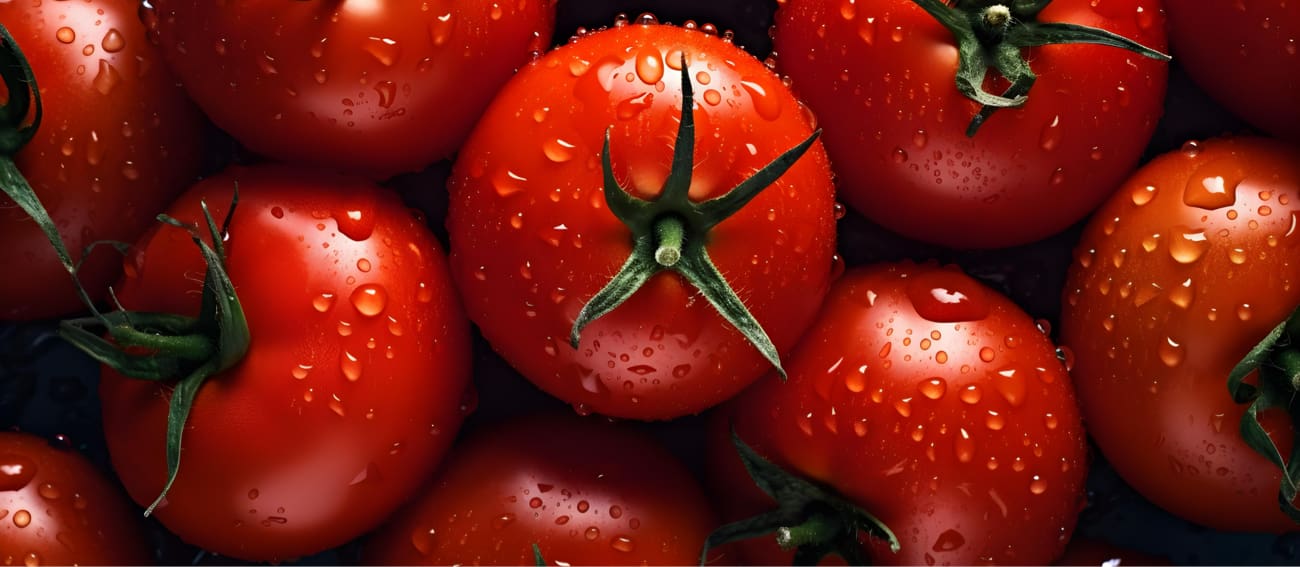Extracción de ADN del tomate
Objetivo: Extraer y observar el ADN de un tomate

-
Material de laboratorio
Batidora de mano
Embudo y papel de filtro o un tamiz
Probetas de plástico de 20 ml
Pipetas de plástico
Jeringas de 5 y 10 ml
probeta graduada de 250 mL
Vaso de 250 mL
-
Reactivos
Tomates
Etanol
Bicarbonato sódico
Jabón de fregar
Agua
Sal
-
Preguntas
¿Por qué es necesaria la filtración?
¿Por qué se añade etanol?
Procedimiento
- Pon 10 mL de etanol en el frigorífico/congelador en un tubo de plástico.
- Tritura los tomates con la batidora de mano, durante 10 segundos cada 10 segundos (si es necesario, puedes añadir agua).
- Pon 5 mL de la mezcla de tomate en un tubo de plástico.
- Añade 10 mL de la solución tampón preparada en un vaso de precipitados de 250 mL (la receta de la solución tampón es: 120 mL de agua, 5 g de sal de mesa, 10 g de bicarbonato sódico y un poco de jabón de fregar).
- Mezcla suavemente la mezcla durante 2 ó 3 minutos. Debemos intentar no generar demasiada espuma, pero asegurarnos de que los componentes están bien mezclados.
- Filtra la muestra de tomate.
- Transfiere 5 mL de la fracción líquida a otro tubo de plástico y añade 10 mL de etanol frío muy lentamente, intentando que el etanol resbale por las paredes del tubo.
- Observa que se forman dos fases, y justo en la zona de la interfase, veremos una zona turbia con filamentos blanquecinos. Esta zona contiene el ADN, y podemos observarlo a simple vista.
- Extrae el ADN con unas pinzas o con una pipeta a modo de gancho y extiéndelo sobre papel de filtro. ¡Haz una foto!

Creemos un futuro más brillante
Únete a nuestro equipo para trabajar con investigadores de renombre, emprender proyectos innovadores y contribuir a avances científicos significativos.
Únete a nosotros!













